Are you aiming to become a PMI PgMP (Program Management Professional)? This certification is perfect for those looking to manage complex, multiple projects and ensure they align with strategic business goals. This guide breaks down what the PgMP certification is, the benefits it offers, the eligibility criteria, associated costs, and the steps you need to take to achieve it.
Key Takeaways
The PgMP certification is essential for professionals managing multiple complex projects, enhancing leadership capabilities to align initiatives with organizational goals.
Candidates must have significant project management experience and relevant educational qualifications, such as a bachelor’s degree, with the certification process involving an application review and a rigorous examination.
Achieving the PgMP certification can lead to increased career opportunities, higher earning potential, and professional credibility in program management.
Program Management Professional (PgMP) Certification

The Program Management Professional (PgMP) credential is an internationally recognized benchmark for expertise in program management, tailored specifically for experts tasked with coordinating multiple projects to fulfill organizational goals. This certification demands the oversight of intricate endeavors that span across numerous initiatives and ensure their alignment with strategic corporate aims.
To attain the PgMP designation, candidates must present a blend of project management background along with educational accomplishments. The prerequisites involve substantial program management experience and often a bachelor’s degree or an equivalent qualification before being deemed eligible to sit for the certification assessment. Candidates undergo a comprehensive evaluation process which includes both an application review stage and a challenging exam composed of multiple-choice questions.
In comparison, the Project Management Professional (PMP) certification is a globally recognized credential essential for experienced project managers. The PMP certification highlights benefits such as enhanced career opportunities and higher earning potential. Eligibility requirements for the PMP include a combination of project management experience and education, followed by a rigorous exam. Please click here to get more details about PMP certification.
Pursuing the PgMP certification transcends obtaining another professional qualification. It represents excellence in leadership and adeptness at ensuring programs echo higher-level strategy within the domain of program management. Those proficient in orchestrating complex undertakings become instrumental agents in guiding enterprises toward achieving wider business objectives.
Introduction
Advancing in your career often requires delving into specialized areas that present more intricate challenges and rewards. The PgMP certification caters to this need by equipping professionals with the expertise to effectively oversee numerous complex projects, aligning them with the overarching goals and strategies of an organization.
This guide provides a comprehensive understanding of what it takes to secure the PgMP certification, detailing its benefits and outlining the necessary steps in order to get this prestige certification. From meeting eligibility criteria to understanding costs, preparing for exams, and maintaining credentials, this guide is designed to equip you for success on this path.
Embarking on this endeavor will not only sharpen your project management skills but also broaden prospects for advancement in your professional journey.
Understanding the PgMP Certification
Holding a PgMP certification is widely regarded as an indication of outstanding expertise in the domain of program management. This esteemed credential denotes advanced mastery for professionals responsible for managing complex projects that dovetail with strategic organizational objectives on a larger scale.

To be eligible for the PgMP certification, aspirants are required to showcase extensive experience in project management along with meeting certain educational criteria. A bachelor’s degree or its international equivalent is a prerequisite for the PgMP certification. The evaluation process comprises two principal components: initially, an application review is conducted to confirm candidate eligibility followed by a multiple choice test designed to measure their knowledge and proficiency.
Achieving this credential goes beyond mere project oversight. It encompasses harmonizing individual projects with the greater mission of the company, ensuring each endeavor contributes effectively towards achieving comprehensive strategic ambitions.
What is PgMP?
The certification of PMI Program Management Professional (PgMP) caters to professionals adept at supervising a multitude of projects and maintaining their alignment with the goals of an organization in the capacity of a project manager. It focuses on one’s proficiency in orchestrating intricate endeavors that span across numerous projects, aiming to fulfill strategic objectives.
This credential underscores the necessity for proficiently managing linked projects so as to realize expansive organizational advantages. It demonstrates a manager’s expertise in executing complex program management duties effectively, warranting that the outcomes produced by various programs are coherent with overarching organizational ambitions.
Benefits of PgMP Certification
Securing a PgMP certification may significantly boost one’s career prospects and potential for higher earnings. This credential is associated with an expanded array of job options thanks to the advanced expertise and subject matter authority it represents.
Holders of the PgMP designation usually command higher salaries than those without the certification, with their average annual income in the United States estimated at approximately $122,543. Acquiring this certification bolsters professional standing by marking individuals as strategic organizational leaders.
Eligibility Requirements for PgMP Certification
Candidates aspiring to achieve the PgMP certification must fulfill certain eligibility prerequisites that emphasize both their project management experience and educational background. This credential is tailored for seasoned project managers who possess expert-level proficiency in overseeing various projects concurrently and ensuring they are in harmony with the goals of their organization.
These stipulated requirements guarantee that applicants have a solid foundation and the ability required to navigate the intricacies of program management. To qualify, individuals must exhibit substantial experience in managing projects as well as maintain appropriate academic credentials. A bachelor’s degree or its international equivalent is a prerequisite for the PgMP certification.
Project Management Experience
Candidates pursuing PgMP certification must have substantial experience in project management. They are required to have a minimum of 36 months, or three years, of leadership and management experience specifically related to projects within the last eight years. Under specific circumstances, having 24 months of project management experience might also be sufficient for qualification.
To this requirement in terms of managing projects, an applicant needs to hold a bachelor’s degree or its international equivalent as a prerequisite for obtaining the PgMP certification.
PMI Membership
Becoming a member of the Project Management Institute (PMI) provides individuals with comprehensive access to an array of project management resources and insights. Through PMI membership, one gains entry to a worldwide network of professionals in project management, which can be instrumental for career development.
The professional standing of members is bolstered by PMI membership, providing them with tools such as webinars, articles, and opportunities to connect that are essential for those preparing for the PMP exam.
In essence, being part of PMI aids professionals in securing their PgMP credentials while forging a strong foundation for their career within the field of project management.
Costs Associated with PgMP Certification

Candidates seeking PgMP certification must be prepared to incur certain expenses. The cost of the exam differs for PMI members, who are eligible for a discounted rate compared to those without membership.
To keep their PgMP certification active, individuals must cover renewal fees and demonstrate continued professional growth. Aspiring candidates should ensure they have allocated funds not only for the initial examination charges but also for ongoing maintenance expenditures.
Exam Fees
PMI members are charged $800 for the PgMP exam, whereas non-members incur a higher fee of $1,000, which means they pay an extra $200 over what PMI members are required to pay for the same examination.
Renewal Fees
PMI members are required to pay a fee of $44, while non-members must remit $146 in order to renew their PgMP certification every three years, ensuring its continued validity.
The PgMP Certification Process
The process to acquire PgMP certification requires candidates to submit an application, which is then subject to a review period that spans around 10 days for completion. Subsequently, the individual must sit for the PgMP exam. Candidates have the option to take the exam either online or at a nearby testing site, ensuring a proctored setting for their attempt.
It’s important for applicants to consider the monetary commitments associated with this credentialing path as it involves not just exam fees and renewal charges, but also potential expenses related to preparatory classes at different phases of obtaining the certification.
Application Process
To initiate the process for the PgMP certification, one must register an account with PMI and submit an application including details on their educational history and specific project experiences.
Once the candidate’s PgMP certification application receives approval, they are required to remit payment for the exam fee before arranging a date to take the test. The cost is $405 for individuals who have membership with PMI, whereas it amounts to $555 for those without membership status. Within their allotted one-year eligibility period, examinees are permitted up to three attempts at passing the exam.
Should additional attempts be necessary after initial failure(s), members will incur a re-examination fee of $275 per try, while non-members face a charge of $375 per subsequent attempt.
Preparing for the PgMP Exam
On the official PMI website, candidates can find crucial resources and instructional content tailored to aid in preparing for the PgMP exam. It is advantageous to use books and online courses that concentrate on program management concepts when aiming to grasp the material of the PgMP examination thoroughly.
Those who pass typically dedicate about 60 to 120 hours of study time to mastering the contents of the PgMP test. Participation in study groups is beneficial as it gives individuals a platform to exchange insights, elucidate complex subjects, and provide mutual encouragement throughout their preparation journey for achieving success on their Program Management Professional (PgMP) exam.
Within the Pakistan region, there are number of options for PgMP preparation, training course, exam simulators and application filling (especially the experience summaries). AUC is one of the leading organizations that has numerous success stories when it comes to PgMP Success Guarantee workshop training & certification is concerned.
Taking the PgMP Exam
Candidates can take the PgMP exam, which is composed of 180 multiple choice questions, either online or at a nearby testing site, highlighting the importance of a proctored setting for exam attempts.

Maintaining Your PgMP Certification
Professionals must go through a renewal process every three years to keep their PgMP certification active. This includes the obligation to acquire Professional Development Units (PDUs). Holders of the PgMP certificate are required to accumulate 60 PDUs within a span of three years in order to uphold their certification status.
To ensure that PDU claims for renewing the PgMP certification are accurate, PMI performs regular audits as part of its verification process.
Professional Development Units (PDUs)
Participation in a range of activities such as engaging in educational programs, delivering presentations, and offering volunteer services can lead to the accumulation of Professional Development Units (PDUs). Undertaking Certifications or academic courses is an effective method for gathering PDUs and simultaneously strengthening one’s professional qualifications.
It is advisable to aim for gaining approximately 20 PDUs annually to prevent the pressure of collecting them hastily at the end of your certification period. Those who hold certifications are required to log their PDUs using the Project Management Institute’s Continuing Certification Requirements System, which serves as a means to monitor these credits.
Renewal Process
To renew the PgMP certification, professionals are required to complete a renewal application and pay the associated fee. PMI members typically enjoy a reduced rate for this renewal fee compared to those who are not members of PMI.
Is PgMP Certification Right for You?
Professionals who manage a portfolio of projects and ensure they are in sync with the broader goals of their organization may find the PgMP certification to be fitting. Understanding the broader business environment is crucial for project managers to address compliance, deliver value, and support organizational change. Assess whether this credential corresponds with your professional ambitions and background.
For those tasked with steering various intricate projects towards strategic company objectives, obtaining this globally acknowledged certification can significantly enhance their professional profile.
Experienced Project Managers
Program management requires adept project managers to meticulously align program results with the overarching strategic intentions of their organizations, thereby reinforcing that programs buttress key strategic objectives. Those seasoned in project leadership can cement their expertise through the PgMP certification, which amplifies their capacity to oversee intricate programs and mesh them with expansive business aims.
The prestige and proficiency conferred by the PgMP credential bolster one’s sway and aptitude in navigating program management strategically, providing both acknowledgement and resources requisite for helming major projects effectively. A vital component underpinning this accreditation is proficient stakeholder engagement—this entails pinpointing stakeholders’ necessities while adroitly managing expectations.
Alternatives for Beginners
For those new to project management, the Certified Associate in Project Management (CAPM) certification is a suitable alternative. It focuses on providing foundational project management training hours without requiring extensive experience, making it ideal for beginners.
New project managers should consider gaining more experience to pursue the PMP certification later, once they have accumulated sufficient experience.

What's Covered on the PgMP Exam?
The PgMP exam aims to test the sophisticated skills required for managing various intricate projects and programs, encompassing five key domains crucial for successful program management. These include Strategic Program Alignment, Benefits Management, Governance, Stakeholder Engagement, and Program Life Cycle Management.
To become PgMP-certified experts in program management, they must demonstrate their expertise across these critical areas through the exam. This includes adeptness at synchronizing projects with business objectives, effectively engaging stakeholders’ expectations while delivering tangible benefits via ongoing evaluation.
Program Strategy Alignment
Ensuring that programs are in sync with the strategic objectives of an organization guarantees their contribution to its overarching goals and mission. This alignment makes it probable for these programs to reach anticipated outcomes and yield quantifiable benefits.
Involving stakeholders at every stage of a program’s lifecycle is essential as it takes into account their requirements and anticipations, thereby cultivating support and endorsement. Such successful alignment augments the possibility of backing from crucial stakeholders, boosting the efficacy of project management overall.
Benefits Management
Program management encompasses a crucial component known as Benefits Management, which concentrates on the delivery of anticipated benefits and value to stakeholders from programs. Possessing an in-depth comprehension of Benefits Management equips program managers with the ability to synchronize projects with the strategic objectives of their organization, optimizing the value produced.
It entails devising strategies for benefit realization, expressing them clearly, and monitoring these expected advantages over the course of a program’s life. It is vital to carry out ongoing evaluations of programs so that they remain directed towards fulfilling expected outcomes and contributing significant value to the entity involved.
Stakeholder Engagement
Identifying stakeholders is crucial to understanding who will be affected by the project and who can influence its outcome. Engaging stakeholders involves regular communication, feedback solicitation, and involvement in decision-making processes.
Managing stakeholder management expectations requires clear transparency and managing conflict while setting realistic goals throughout the project lifecycle.
Additional Resources for PgMP Preparation
Gaining access to diverse resources is crucial when preparing for the PgMP exam. Individuals aiming to pass this exam often dedicate between two and six months of study, employing various study tools such as practice tests.
Securing membership with PMI can provide exclusive access to valuable resources, opportunities for networking, and possible reductions in certification costs. Engaging in online forums and study groups also offers candidates a platform for collaboration where they can exchange ideas and support one another throughout their prep time.
Recommended Study Materials
It is crucial to utilize suggested study resources when preparing for the PgMP exam adequately. Becoming a member of PMI grants you entry to valuable resources, chances for networking, and reduced prices on training and certification that can improve your experience with obtaining the PgMP certification.
Study Groups and Forums
During the preparation for the PgMP exam, study groups provide a collaborative environment where participants can exchange ideas, encourage one another, and benefit from collective wisdom. Online forums present an opportunity for candidates to pose queries, obtain various viewpoints, and tap into the pooled expertise of other professionals.
Summary
Securing the Program Management Professional (PgMP) credential is an important achievement for anyone involved in project management. It serves as a testament to your capability of overseeing several intricate projects while ensuring alignment with overarching strategic business objectives, thereby amplifying both career prospects and salary outlook.
To successfully attain the PgMP certification, it’s essential to comprehend its prerequisites, the financial investment required, and the steps involved in acquiring this professional endorsement. By leveraging suggested educational materials and resources to their fullest extent, you can confidently equip yourself for excelling at the certification exam. This accomplishment will solidify your standing as a tactical authority within program management circles. If you want to become a PgMP certified and want one-on-one personalized training, look no further and contact us today!
Frequently Asked Questions
What are the eligibility requirements for PgMP certification?
You need to have a minimum of 36 months worth of project management experience in the past eight years, as well as hold at least a bachelor’s degree or its international equivalent, to be eligible for PgMP certification.
Fulfilling these criteria is crucial to show that you are adept at leading and managing projects.
How much does the PgMP exam cost?
The PgMP exam costs $800 for PMI members and $1,000 for non-members.
What is the renewal fee for PgMP certification?
The renewal fee for PgMP certification is $44 for PMI members and $146 for non-members.
How can I earn Professional Development Units (PDUs) for PgMP renewal?
You can earn Professional Development Units (PDUs) for PgMP renewal through activities such as education, volunteering, presenting, attending project management events, engaging in online courses, or reading relevant materials.
Focusing on a combination of these activities will help you meet the required PDUs efficiently.
Can beginners pursue PgMP certification?
Beginners should not pursue the PgMP certification, as it is intended for experienced project managers. Instead, they may consider the CAPM certification for foundational project management knowledge.

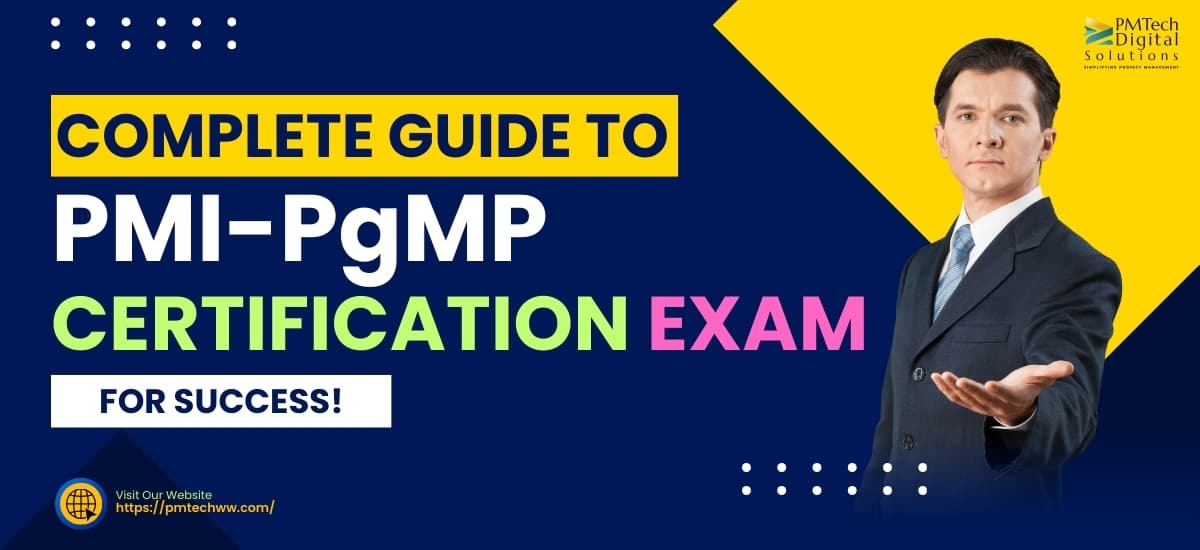
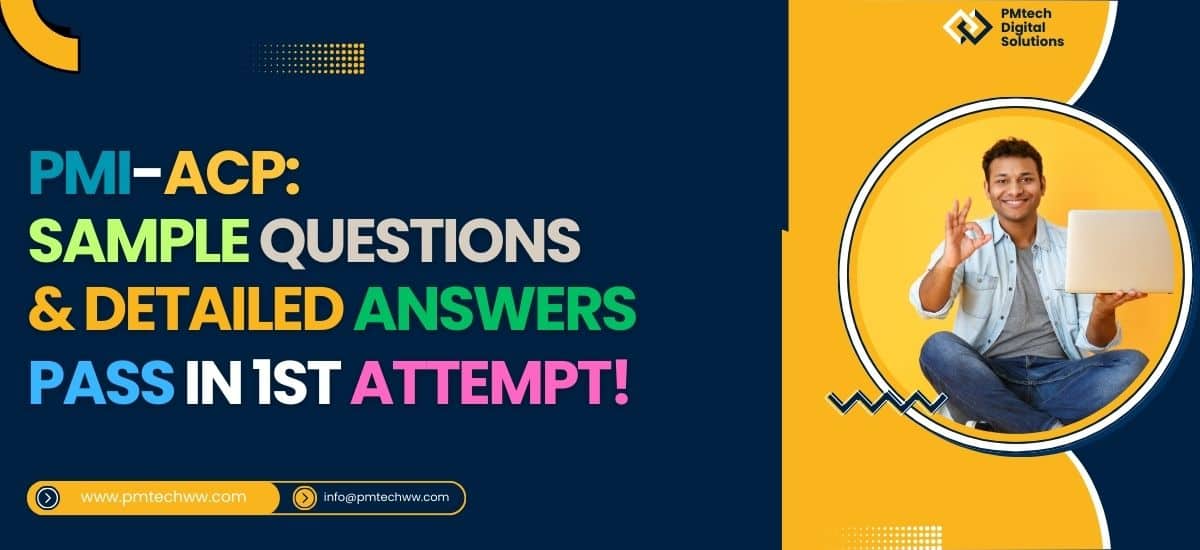
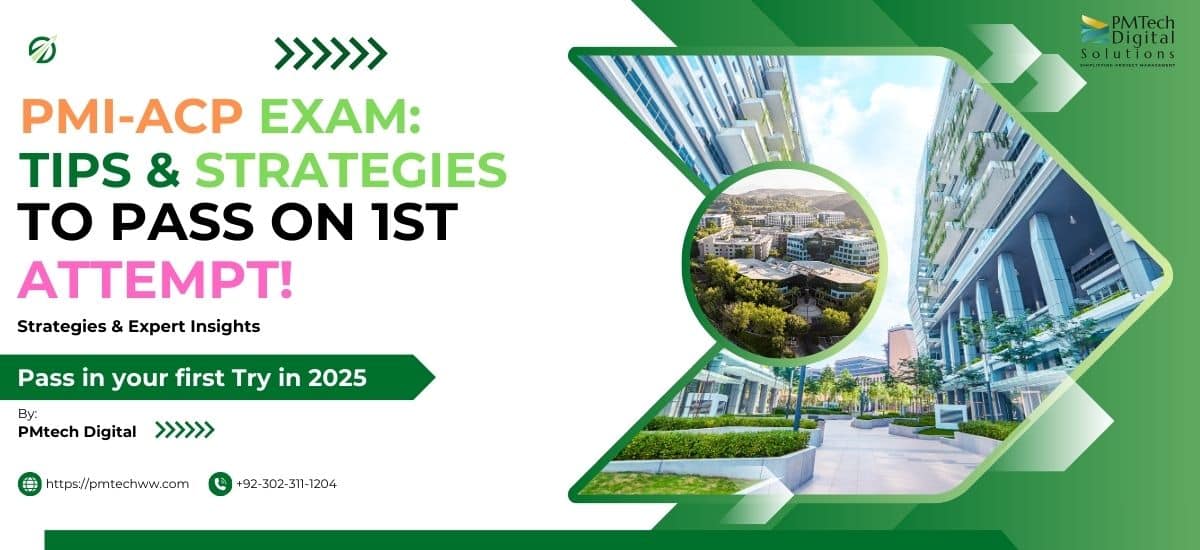
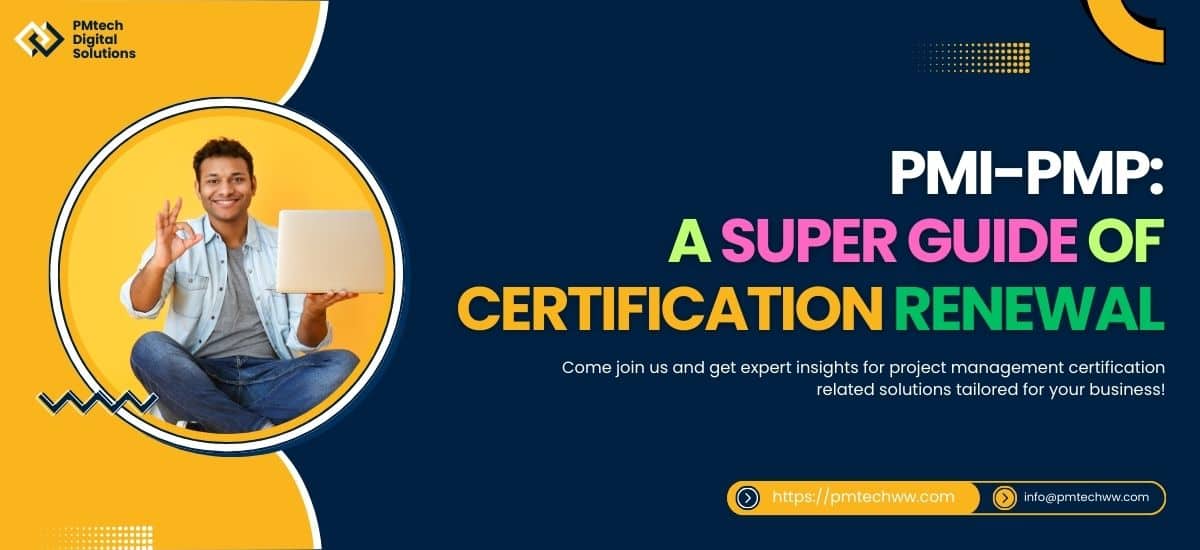
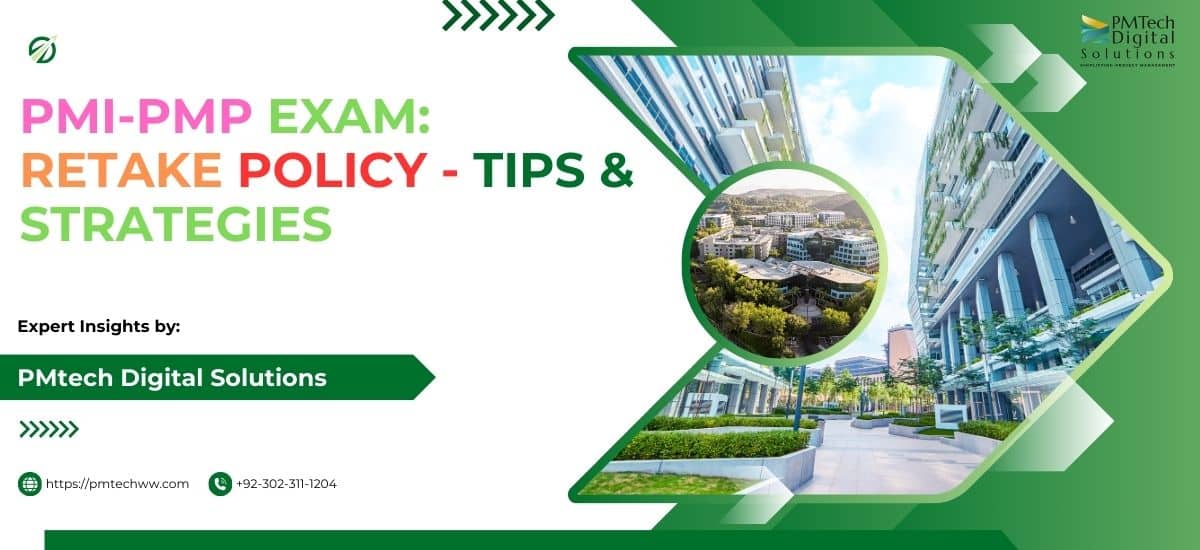
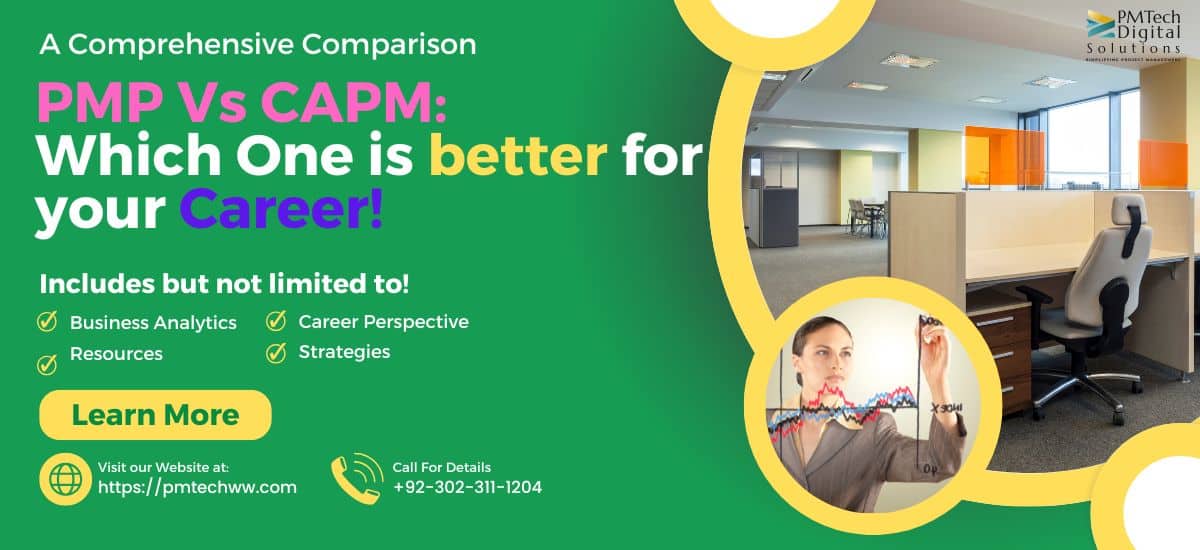
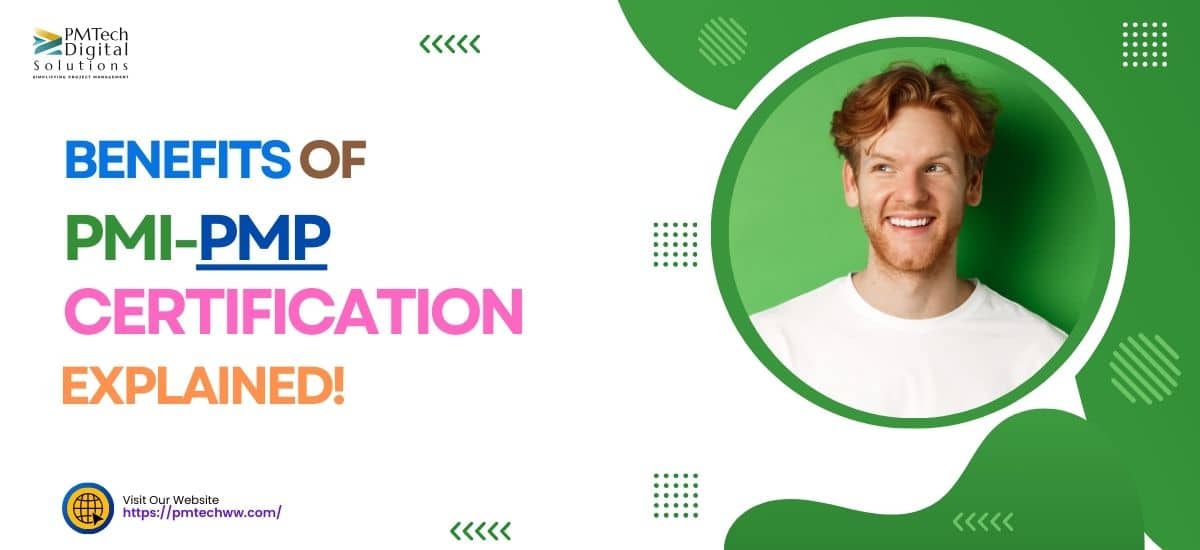
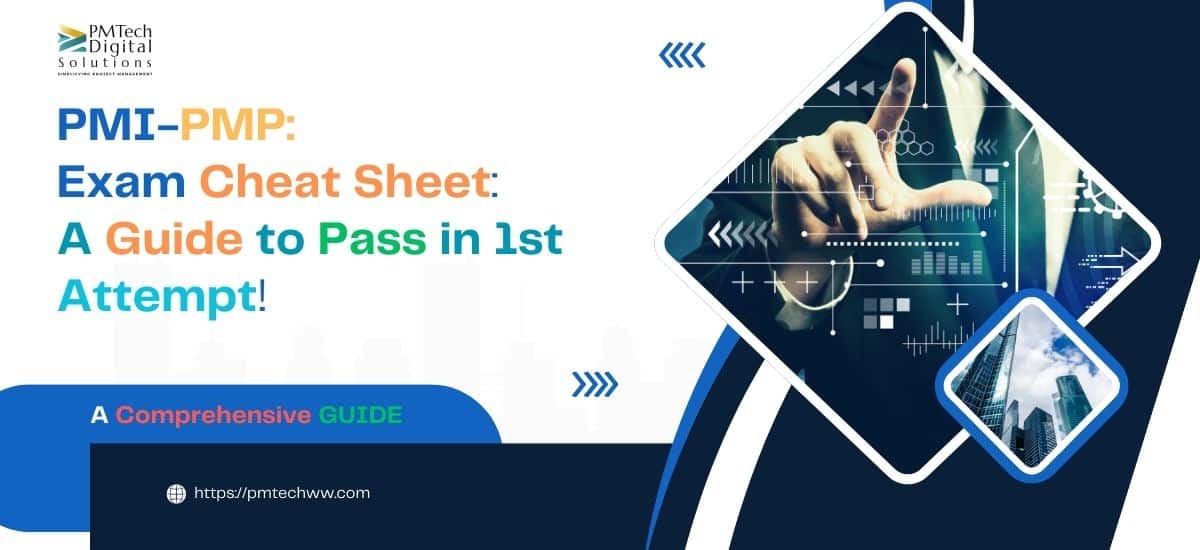
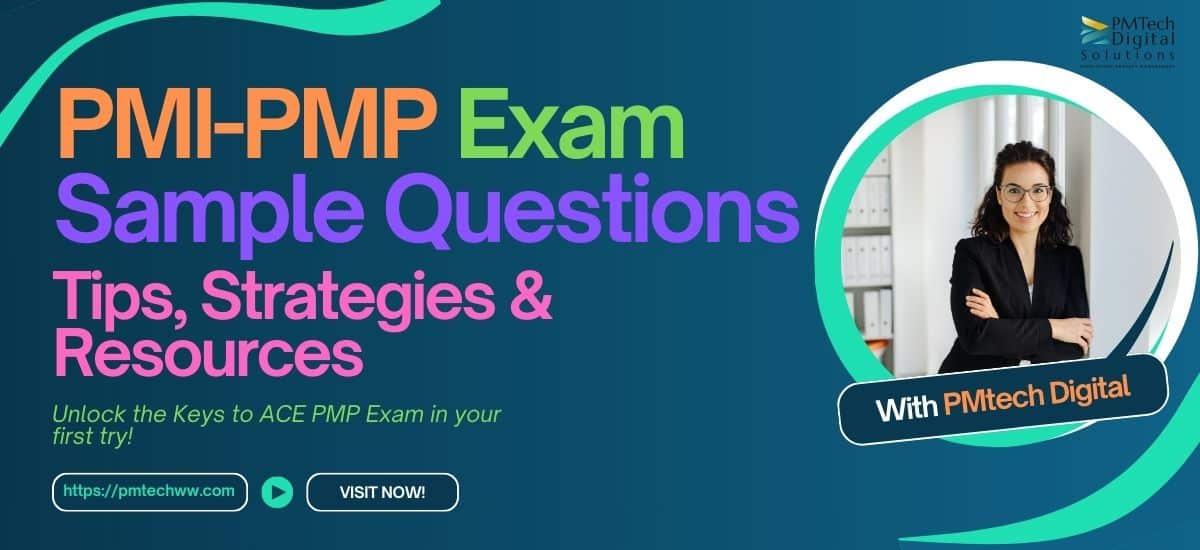
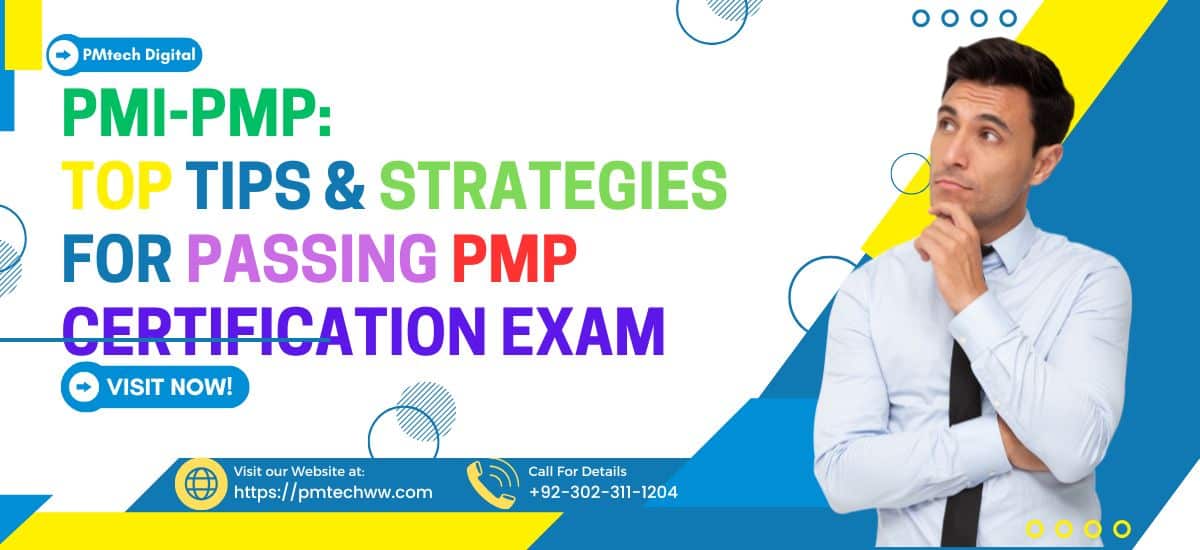
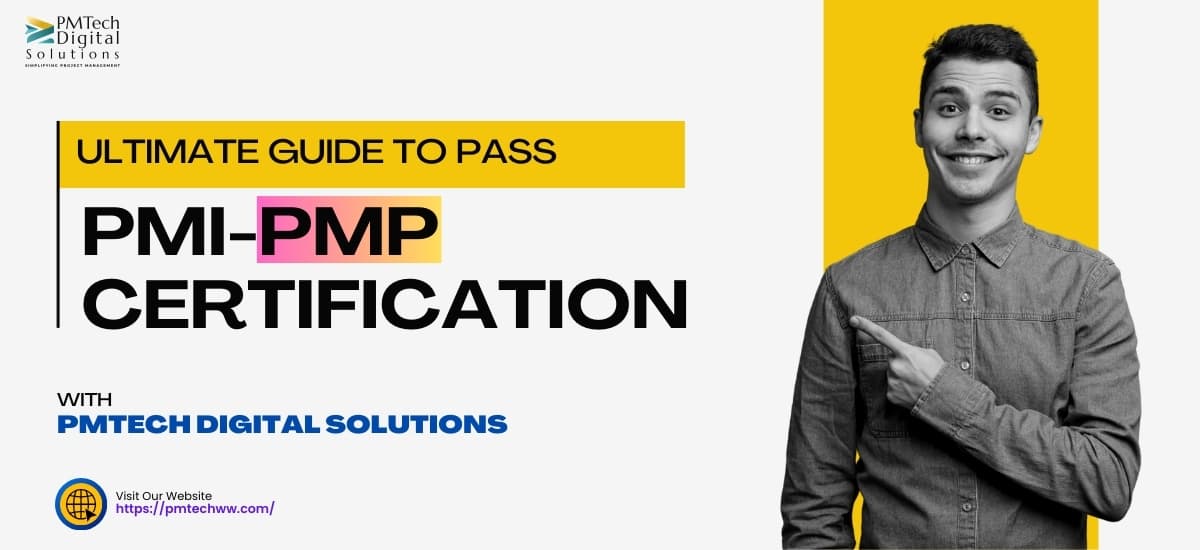
169 Responses
Hi there! This post couldn’t be written any better! Reading this post reminds me of my old room mate! He always kept chatting about this. I will forward this page to him. Fairly certain he will have a good read. Thanks for sharing!
What a nice article. Expecting more on this topic, please.
Hi,
this is an excellent post. this reminds me that how well you have grip on this subject. Keep it up.
Hello,
would you please share some tips and tricks for passing the PgMP exam as well?
By the way, excellent article.
Excellent post. I was checking continuously this blog and I’m impressed! Extremely helpful info specially the last part 🙂 I care for such information a lot. I was seeking this certain info for a very long time. Thank you and good luck.
Your article helped me a lot, is there any more related content? Thanks!
Can you be more specific about the content of your article? After reading it, I still have some doubts. Hope you can help me.
Nice post. I learn something more challenging on different blogs everyday. It will always be stimulating to read content from other writers and practice a little something from their store. I’d prefer to use some with the content on my blog whether you don’t mind. Natually I’ll give you a link on your web blog. Thanks for sharing.
I’m really impressed along with your writing talents as neatly as with the structure in your weblog. Is this a paid theme or did you modify it your self? Anyway stay up the excellent quality writing, it is rare to peer a great blog like this one today!
профиль с подписчиками маркетплейс аккаунтов соцсетей
продажа аккаунтов аккаунты с балансом
магазин аккаунтов https://magazin-akkauntov-online.ru/
безопасная сделка аккаунтов ploshadka-prodazha-akkauntov.ru/
профиль с подписчиками аккаунт для рекламы
аккаунт для рекламы платформа для покупки аккаунтов
маркетплейс аккаунтов безопасная сделка аккаунтов
Very good written story. It will be valuable to anyone who usess it, including myself. Keep doing what you are doing – i will definitely read more posts.
Purchase Ready-Made Accounts Accounts marketplace
Accounts market Account trading platform
Social media account marketplace Account Exchange Service
Find Accounts for Sale Account Trading Service
Verified Accounts for Sale Website for Selling Accounts
Accounts marketplace Find Accounts for Sale
Account Catalog Accounts market
Secure Account Purchasing Platform Account Buying Platform
Account market Buy accounts
Account Market Sell Account
buy accounts account acquisition
profitable account sales account market
buy accounts account trading platform
account purchase accounts marketplace
ready-made accounts for sale database of accounts for sale
gaming account marketplace secure account sales
account buying service accounts for sale
website for selling accounts accounts market
find accounts for sale account acquisition
find accounts for sale sell account
verified accounts for sale account trading service
buy pre-made account accounts-buy.org
account sale account selling platform
find accounts for sale account purchase
account sale accounts for sale
account catalog sell accounts
guaranteed accounts https://social-accounts-marketplace.org
accounts for sale accounts marketplace
account store ready-made accounts for sale
buy pre-made account account market
account buying service account selling platform
sell accounts account trading platform
account catalog account trading service
account trading database of accounts for sale
account trading sell pre-made account
ready-made accounts for sale account marketplace
account sale social media account marketplace
account market account market
account acquisition https://accounts-marketplace.xyz
guaranteed accounts https://buy-best-accounts.org
I really like your writing style, great information, thanks for posting : D.
verified accounts for sale https://social-accounts-marketplaces.live
secure account purchasing platform https://accounts-marketplace.live/
account trading https://social-accounts-marketplace.xyz/
ready-made accounts for sale buy-accounts-shop.pro
accounts marketplace https://buy-accounts.live
account buying service https://accounts-marketplace.online
purchase ready-made accounts https://social-accounts-marketplace.live
account acquisition https://accounts-marketplace-best.pro
магазин аккаунтов https://akkaunty-na-prodazhu.pro/
маркетплейс аккаунтов https://rynok-akkauntov.top
магазин аккаунтов https://kupit-akkaunt.xyz/
продать аккаунт https://akkaunt-magazin.online
магазин аккаунтов https://akkaunty-market.live/
маркетплейс аккаунтов https://kupit-akkaunty-market.xyz
маркетплейс аккаунтов akkaunty-optom.live
маркетплейс аккаунтов маркетплейсов аккаунтов
продажа аккаунтов https://akkaunty-dlya-prodazhi.pro/
продать аккаунт kupit-akkaunt.online
buy fb ad account https://buy-adsaccounts.work
buy old facebook account for ads https://buy-ad-accounts.click/
buying facebook accounts https://buy-ad-account.top
facebook ads account buy https://buy-ads-account.click
buy accounts facebook https://ad-account-buy.top/
facebook ad account for sale buy facebook account
buy fb account https://ad-account-for-sale.top/
buy facebook accounts for advertising https://buy-ad-account.click
facebook ads account buy buy a facebook account
google ads account buy buy verified google ads account
buy google ad account https://buy-ads-accounts.click
cheap facebook advertising account https://buy-accounts.click
google ads agency account buy https://ads-account-for-sale.top
google ads account buy buy google ad threshold account
buy google ads threshold account https://buy-ads-invoice-account.top
google ads account seller https://buy-account-ads.work
buy google ad threshold account https://buy-ads-agency-account.top
old google ads account for sale google ads accounts
google ads account for sale https://ads-agency-account-buy.click
facebook business manager for sale buy-business-manager.org
buy google ads agency account https://buy-verified-ads-account.work
buy verified bm https://buy-bm-account.org/
facebook business manager for sale buy-verified-business-manager-account.org
buy business manager account https://buy-verified-business-manager.org/
buy facebook business manager verified https://buy-business-manager-acc.org/
buy facebook business manager verified https://business-manager-for-sale.org/
buy facebook business managers https://buy-business-manager-verified.org/
business manager for sale https://buy-bm.org/
buy bm facebook verified-business-manager-for-sale.org
unlimited bm facebook https://buy-business-manager-accounts.org
tiktok ads agency account https://buy-tiktok-ads-account.org
buy tiktok ad account https://tiktok-ads-account-buy.org
tiktok ads account for sale https://tiktok-ads-account-for-sale.org
tiktok ads account buy https://tiktok-agency-account-for-sale.org
buy tiktok ad account buy tiktok business account
tiktok ad accounts https://tiktok-ads-agency-account.org
buy tiktok ad account https://buy-tiktok-business-account.org
buy tiktok ad account https://buy-tiktok-ads.org
hey there and thank you for your info – I have certainly picked up something new from right here. I did however expertise some technical issues the usage of this site, since I experienced to reload the site lots of instances previous to I may just get it to load properly. I had been brooding about in case your web host is OK? Not that I’m complaining, however sluggish loading instances times will sometimes affect your placement in google and can damage your high-quality ranking if ads and ***********|advertising|advertising|advertising and *********** with Adwords. Well I am including this RSS to my email and could look out for a lot extra of your respective intriguing content. Make sure you replace this once more soon..
I always was concerned in this subject and still am, regards for putting up.
It is the best time to make some plans for the future and it is time to be happy. I’ve read this post and if I could I want to suggest you few interesting things or tips. Perhaps you can write next articles referring to this article. I want to read even more things about it!
fantástico este conteúdo. Gostei bastante. Aproveitem e vejam este conteúdo. informações, novidades e muito mais. Não deixem de acessar para aprender mais. Obrigado a todos e até a próxima. 🙂
Thanks for sharing. I read many of your blog posts, cool, your blog is very good.
Your point of view caught my eye and was very interesting. Thanks. I have a question for you.
I discovered your weblog website on google and verify just a few of your early posts. Proceed to maintain up the excellent operate. I simply additional up your RSS feed to my MSN Information Reader. Seeking forward to reading more from you later on!…
Thank you for your sharing. I am worried that I lack creative ideas. It is your article that makes me full of hope. Thank you. But, I have a question, can you help me?
I conceive this website contains some very excellent information for everyone :D. “Calamity is the test of integrity.” by Samuel Richardson.
buy facebook profile account buying service account trading platform
buying facebook accounts database of accounts for sale account acquisition
I don’t think the title of your article matches the content lol. Just kidding, mainly because I had some doubts after reading the article.
I think this web site has got some rattling wonderful info for everyone. “I have learned to use the word ‘impossible’ with the greatest caution.” by Wernher von Braun.
Very interesting information!Perfect just what I was looking for! “Oh, I don’t blame Congress. If I had 600 billion at my disposal, I’d be irresponsible, too.” by Lichty and Wagner.
I think you have mentioned some very interesting details, appreciate it for the post.
I was recommended this website by my cousin. I’m not sure whether this post is written by him as nobody else know such detailed about my difficulty. You’re incredible! Thanks!
I am glad to be one of the visitants on this outstanding web site (:, thankyou for posting.
Your article helped me a lot, is there any more related content? Thanks! https://www.binance.info/es/register?ref=T7KCZASX
Reading your article helped me a lot and I agree with you. But I still have some doubts, can you clarify for me? I’ll keep an eye out for your answers. https://www.binance.info/en-IN/register?ref=UM6SMJM3
I’ve been surfing online more than three hours today, yet I never found any attention-grabbing article like yours. It’s beautiful price sufficient for me. In my view, if all website owners and bloggers made just right content material as you probably did, the web will be much more useful than ever before.
You made various fine points there. I did a search on the subject matter and found mainly people will consent with your blog.
There are some fascinating deadlines on this article but I don’t know if I see all of them middle to heart. There is some validity but I’ll take maintain opinion until I look into it further. Good article , thanks and we would like more! Added to FeedBurner as properly
Very interesting subject, thank you for putting up.
Yay google is my king assisted me to find this great website ! .
Yay google is my world beater aided me to find this outstanding internet site! .
**mind vault**
Mind Vault is a premium cognitive support formula created for adults 45+. It’s thoughtfully designed to help maintain clear thinking
**mind vault**
mind vault is a premium cognitive support formula created for adults 45+. It’s thoughtfully designed to help maintain clear thinking
**glpro**
glpro is a natural dietary supplement designed to promote balanced blood sugar levels and curb sugar cravings.
**sugarmute**
sugarmute is a science-guided nutritional supplement created to help maintain balanced blood sugar while supporting steady energy and mental clarity.
**vittaburn**
vittaburn is a liquid dietary supplement formulated to support healthy weight reduction by increasing metabolic rate, reducing hunger, and promoting fat loss.
**synaptigen**
synaptigen is a next-generation brain support supplement that blends natural nootropics, adaptogens
**glucore**
glucore is a nutritional supplement that is given to patients daily to assist in maintaining healthy blood sugar and metabolic rates.
**prodentim**
prodentim an advanced probiotic formulation designed to support exceptional oral hygiene while fortifying teeth and gums.
**nitric boost**
nitric boost is a dietary formula crafted to enhance vitality and promote overall well-being.
**sleep lean**
sleeplean is a US-trusted, naturally focused nighttime support formula that helps your body burn fat while you rest.
**wildgut**
wildgutis a precision-crafted nutritional blend designed to nurture your dog’s digestive tract.
Your article helped me a lot, is there any more related content? Thanks!
**mitolyn**
mitolyn a nature-inspired supplement crafted to elevate metabolic activity and support sustainable weight management.
**yusleep**
yusleep is a gentle, nano-enhanced nightly blend designed to help you drift off quickly, stay asleep longer, and wake feeling clear.
**zencortex**
zencortex contains only the natural ingredients that are effective in supporting incredible hearing naturally.
**breathe**
breathe is a plant-powered tincture crafted to promote lung performance and enhance your breathing quality.
**prostadine**
prostadine is a next-generation prostate support formula designed to help maintain, restore, and enhance optimal male prostate performance.
**pinealxt**
pinealxt is a revolutionary supplement that promotes proper pineal gland function and energy levels to support healthy body function.
**energeia**
energeia is the first and only recipe that targets the root cause of stubborn belly fat and Deadly visceral fat.
**prostabliss**
prostabliss is a carefully developed dietary formula aimed at nurturing prostate vitality and improving urinary comfort.
**boostaro**
boostaro is a specially crafted dietary supplement for men who want to elevate their overall health and vitality.
**potentstream**
potentstream is engineered to promote prostate well-being by counteracting the residue that can build up from hard-water minerals within the urinary tract.
**hepatoburn**
hepatoburn is a premium nutritional formula designed to enhance liver function, boost metabolism, and support natural fat breakdown.
**hepatoburn**
hepatoburn is a potent, plant-based formula created to promote optimal liver performance and naturally stimulate fat-burning mechanisms.
**flowforce max**
flowforce max delivers a forward-thinking, plant-focused way to support prostate health—while also helping maintain everyday energy, libido, and overall vitality.
**neuro genica**
neuro genica is a dietary supplement formulated to support nerve health and ease discomfort associated with neuropathy.
**cellufend**
cellufend is a natural supplement developed to support balanced blood sugar levels through a blend of botanical extracts and essential nutrients.
**prodentim**
prodentim is a forward-thinking oral wellness blend crafted to nurture and maintain a balanced mouth microbiome.
**revitag**
revitag is a daily skin-support formula created to promote a healthy complexion and visibly diminish the appearance of skin tags.
**memorylift**
memorylift is an innovative dietary formula designed to naturally nurture brain wellness and sharpen cognitive performance.